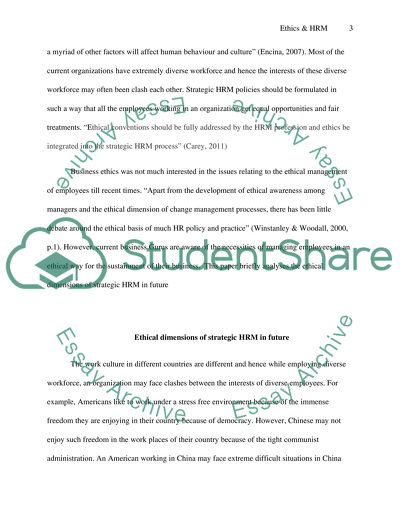Cite this document
(“Human resource strategy Essay Example | Topics and Well Written Essays - 2500 words”, n.d.)
Retrieved from https://studentshare.org/environmental-studies/1406513-human-resource-strategy
Retrieved from https://studentshare.org/environmental-studies/1406513-human-resource-strategy
(Human Resource Strategy Essay Example | Topics and Well Written Essays - 2500 Words)
https://studentshare.org/environmental-studies/1406513-human-resource-strategy.
https://studentshare.org/environmental-studies/1406513-human-resource-strategy.
“Human Resource Strategy Essay Example | Topics and Well Written Essays - 2500 Words”, n.d. https://studentshare.org/environmental-studies/1406513-human-resource-strategy.


